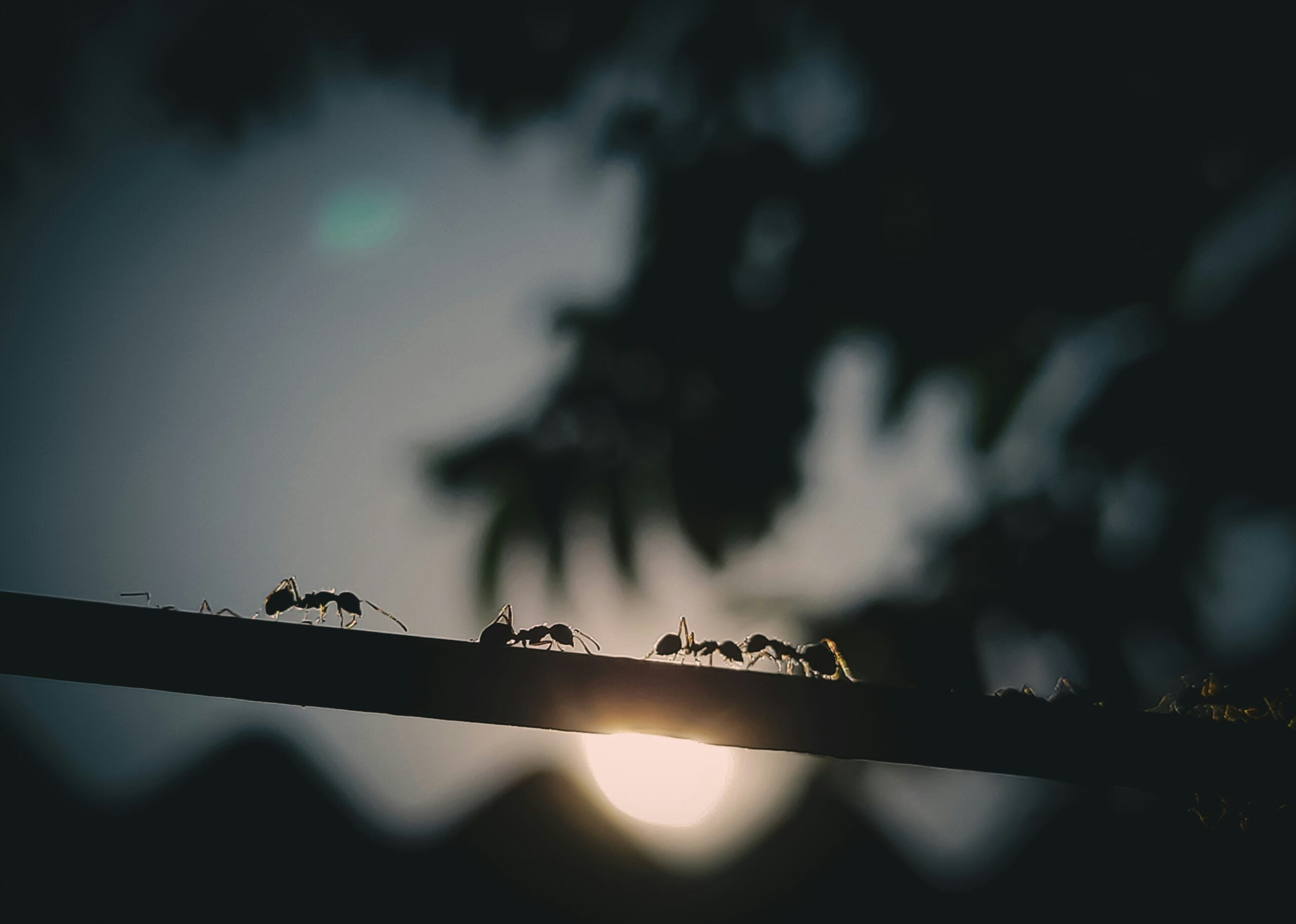Ants are incredibly resourceful creatures when it comes to finding food. Their diet varies depending on the species and the availability of food sources in their environment. While ants are known to be omnivores, meaning they can eat both plant and animal matter, their specific food preferences can differ.
Most ants are attracted to sugary substances, such as nectar, honeydew, and sweet fruits. They have a keen sense of smell and can detect even the tiniest traces of sugar, which leads them to food sources like spilled soda or sugary snacks. In fact, many people have experienced the annoyance of ants invading their kitchen in search of sugary treats.
However, ants are not just sugar lovers. Some species also consume protein-rich foods like dead insects, meat, and even the eggs of other insects. They are opportunistic feeders and will scavenge for any available food sources in their surroundings.
In addition to their primary diet, ants have been known to consume other substances for various reasons. For example, certain species of ants may gather and feed on fungus, which they cultivate in their nests. This fungus serves as their main source of nutrition.
It’s important to note that the diet of ants can also vary depending on the season. During colder months or periods of food scarcity, ants may rely more on stored food or turn to alternative food sources like seeds or sap.
In conclusion, ants have a diverse diet that includes both sweet and protein-rich foods. Their ability to adapt and find food sources in different environments is one of the reasons for their success as a species. So, the next time you spot ants in your vicinity, remember that they are on a mission to satisfy their hunger and survive.

I’m MD Tanvir, and I bring years of expertise gained from working closely with pest control companies to the forefront. My journey in the industry has inspired me to launch Bug Battler, a platform aimed at equipping people with the know-how to combat pests autonomously. Through Bug Battler, I aim to empower individuals with practical insights to tackle pest infestations effectively.

